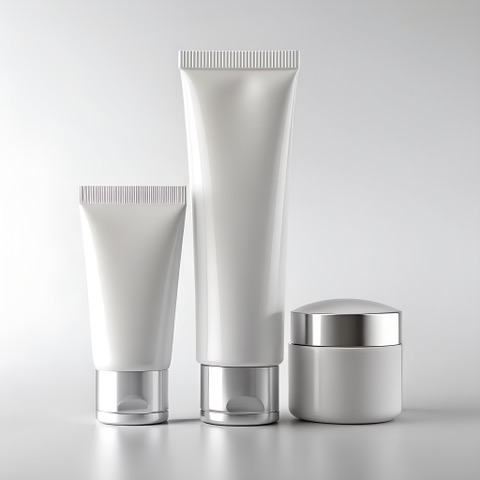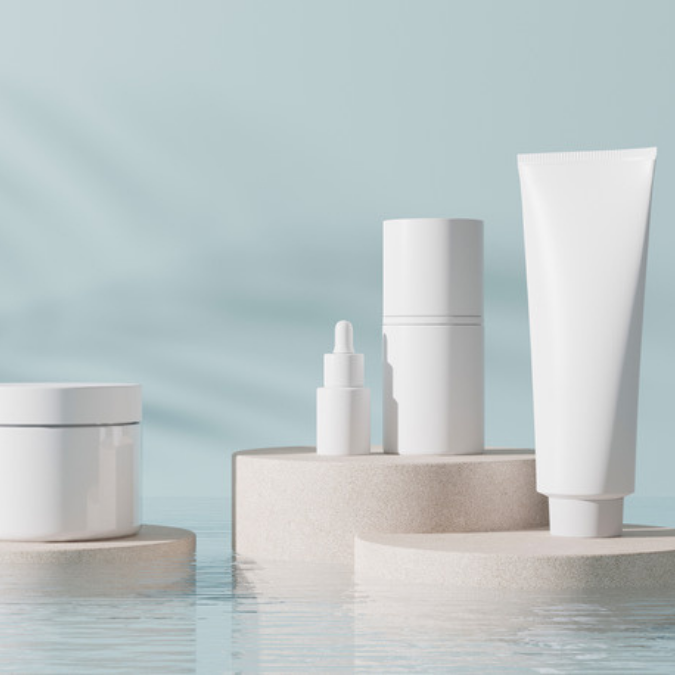So, you want to learn about contract manufacturing. To start, it may help to define the word manufacturer. According to Oxford Languages, a manufacturer is simply “a person or company that makes goods for sale.”
However, the process of manufacturing to produce goods is much more complex than this simple definition. Today, manufacturing requires engineers, trained labor, specialized machines, tools, and biological or chemical processing (formulation). Some synonyms for manufacturer include assembler, fabricator, maker, and builder.
The process of manufacturing a product is as essential as branding, customer service, and consumer reviews for a brand’s success and to generate repeat purchases from customers.
What Is Contract Manufacturing?
If you’re new to contract manufacturing, there are some important terms to be familiar with.
A contract manufacturer (often called a "CM" in the supply chain) is a manufacturer that is contracted by another entity to make their products for them. Any contract manufacturing definition will tell you that it’s a form of outsourcing that offers great benefits to companies that want to quickly produce products without having to expend their assets on the many resources required for production.
Manufacturing a product only when there is an order from a customer is referred to as make to order (MTO). The advantage of an MTO production system is the ability to fill a customized order with any exact product specifications a customer requires.
While there are contract manufacturers who just supply needed parts, those which create the complete product and offer other related services like packaging are called turnkey suppliers. The most comprehensive contract manufacturers, like The Pure Source, in addition to manufacturing and packaging, offer services like branding and labeling.
Contract Manufacturing Examples
Contract manufacturing can be used for all sorts of production. Many companies in the auto industry use contract manufacturing for the manufacturing and design of assembly parts. Another interesting example is a contract manufacturer specializing in artificial plastic bones that can be cut and drilled and feel like real bone and are then used for orthopedic surgery worldwide. Even the megabrand Microsoft outsources the production of its Xbox game machine to an electronics contract manufacturer.
Health and Beauty Product Contract Manufacturing
There’s good reason to consider contract manufacturing for products in the health and beauty category. The global cosmetic market has been growing steadily, and the number of different types of products that an average consumer uses keeps rising.
While this category includes skincare, haircare, make-up, toiletries, deodorants, perfumes, and oral cosmetics, skincare is the leading category, recently making up about 39% of the global market, according to market and consumer data by Statista.
Haircare products make up an additional 21% of the health and beauty market share. The worldwide anti-aging market is forecasted to grow at a CAGR (compound annual growth rate) of 6.5% during a forecast period of 2020 through 2025.
While major brands like P&G and Unilever are outsourcing beauty and health products to the contract manufacturing market, fledgling brands and entrepreneurs can compete as well by using contract manufacturers.
In addition, the demand for organic and natural products has continued to rise, and this trend is expected to spur the use of custom formulation and development that contract manufacturers can quickly provide. Environmentally friendly business practices such as “reef-safe” sun care products are increasingly important to consumers, and sun care manufacturers stand ready to address these specifications.
Advantages of Using a Contract Manufacturer

Faster Time to Market
A reputable contract manufacturer can mean a much faster time to market for your product. They are ideal for small businesses and startups which don’t have the capital or time to build manufacturer factories.
Predictable Expenses and More Reliable Cost Control
The company you choose to produce contract manufactured goods should be able to help you understand how much to budget for the entire production process, providing a detailed estimate in advance. With DIY manufacturing, there are many unknowns. In addition, they will have the ability to negotiate competitive prices on required bulk raw materials.
Built-In Quality Assurance
If you want to manufacture health and beauty products, supplements, or pharmaceutical products, check that your contract manufacturer is committed to the highest quality assurance practices, such as cGMP-certified and an FDA-Inspected facility. Ensure your manufacturer provides critical testing for quality control. Ask if they can offer dermatological, clinical, and microbiological testing certificates. You may also want to see if your manufacturer can create products with certified organic assurance seals.
Not All Contract Manufacturing Companies Are the Same
It’s vital when putting your brand name on a product that you ensure whatever company you use for contract manufacturing services has the scale and industry experience to deliver error-free production and avoid delays.
What to Look for in a Contract Manufacturing Agreement
You’ll want to do due diligence on the company you contract with. Look over your contract manufacturing agreement to ensure it addresses these elements:
- Check to avoid contracting with shell entities or remote, developing countries. Trust U.S.-based manufacturers that have been in business for a long time.
- Review your contract to make sure there’s mention of a process for intellectual property protection.
- Look for a well-detailed supply agreement.
Key Takeaways
You can employ contract manufacturing to reduce manufacturing lead times, reduce costs, and even help you develop your brand through labeling and package design when using a turnkey or fully finished product manufacturer.
Remember to contract with a manufacturer who can ensure your product will be able to carry important trust seals, such as “Made in the USA,” GMP-certified, cruelty-free, organic, and even vegan, and check out all-important product and satisfaction guarantees.
If you’d like to learn more about contract manufacturing, visit these helpful FAQs. And when you’re ready, you can even get custom samples of your formulated product by filling out our contact form.



.png)






